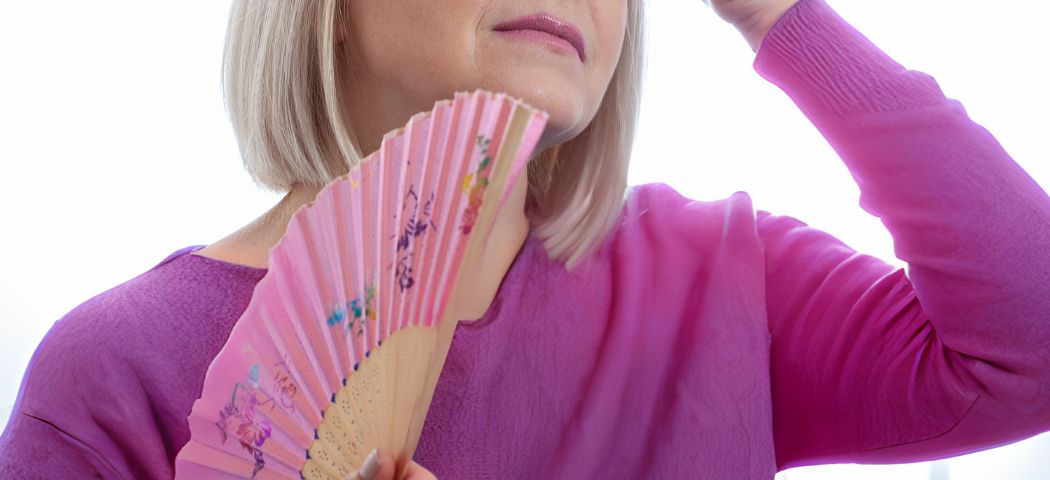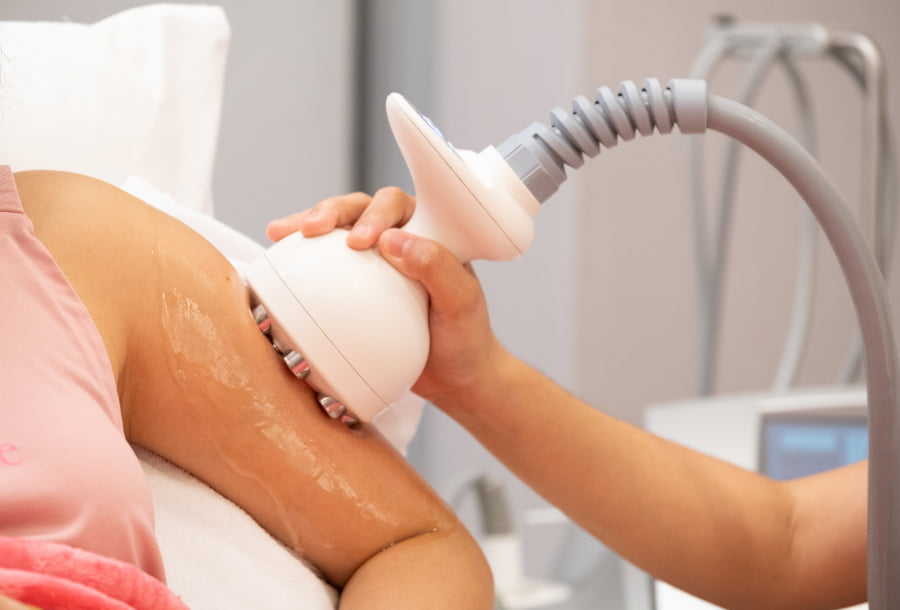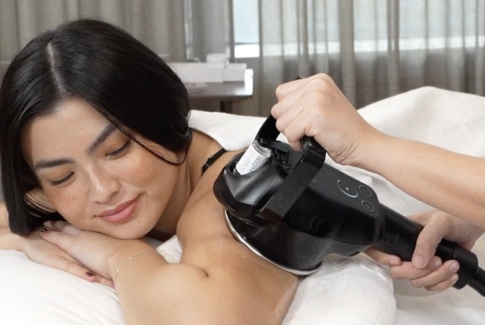Menopause is one of the most significant transitions of a woman’s life. From getting periods every month to completely stopping once you hit menopause, it’s a change that either acts as a cause for celebration or source of frustration.
While it’s only natural to experience this, a variety of physical and hormonal imbalance effects are set to impact one’s health and well-being. In this article, we’ll explore the common symptoms of menopause and how we can manage them.
Menopause 101: The Basics
So what exactly is menopause? Menopause typically occurs between the ages of 45 and 55–but can vary for some individuals. It’s like your body’s way of hitting the pause button on your monthly cycle. Your period stops for 12 consecutive months which is a sign that a woman’s menstrual cycles and fertility ends. It’s part of the aging process, where changes in hormone levels happen, including a decline in estrogen and progesterone production.
Common Symptoms of Menopause
Hot Flashes
Affecting 75% of women, hot flashes are warm flushes that cause sweating and palpitations. It’s one of the most common symptoms and can be mild or severe and occurs multiple times throughout the day and night, disrupting sleep and daily activities.
Night Sweats
Episodes of night sweats occur during sleep, accompanied by feelings of heat and discomfort. Like hot flashes, night sweats can disrupt sleep patterns and beauty rest and often lead to fatigue and irritability.
Mood Swings
From tears to tantrums in a blink of an eye? Well, menopause leads you to mood swings and irritability which you have no control over! Many women experience heightened emotional sensitivity during this time, mixed with feelings of sadness, anxiety, or depression.
Weight Gain
Gaining weight with menopause is a common thing. Hormonal changes and a sluggish metabolism can make the scale creep upwards, especially around the midsection.
Insomnia
Hard time falling or staying asleep? Waking up too early? These are just some common sleep disturbances that menopause delivers as hormonal changes disrupt sleeping patterns which contribute to insomnia during menopause.
Managing Symptoms of Menopause
Hormone Replacement Therapy (HRT)
These are medications that contain estrogen and sometimes progesterone to replace hormones that are declining during menopause. It helps alleviate symptoms such as hot flashes, night sweats, and vaginal dryness, but it may not be suitable for everyone and should be used under the guidance of a healthcare provider.
Change your Lifestyle
Help relieve some symptoms by having a balanced diet, staying active, managing stress and avoiding smoking and excessive alcohol consumption.
Dietary Supplements
Some women find relief from menopause symptoms by taking dietary supplements such as black cohosh, soy isoflavones, or vitamin E. However, it’s essential to talk to a healthcare provider before starting any new supplement regimen to ensure safety and effectiveness.
Seeking Support
Talk to friends, family members, or a support group that can provide emotional support and validation during this transitional period. Sharing experiences and coping strategies with others going through menopause can be empowering and reassuring.
Every woman’s experience of menopause is unique, and it’s important to work closely with a healthcare expert to develop a personalized treatment plan that meets your individual needs and preferences alongside the support of your loved ones.
Interested how Marie France can help you on your body journey? Message us for a FREE consultation today!













